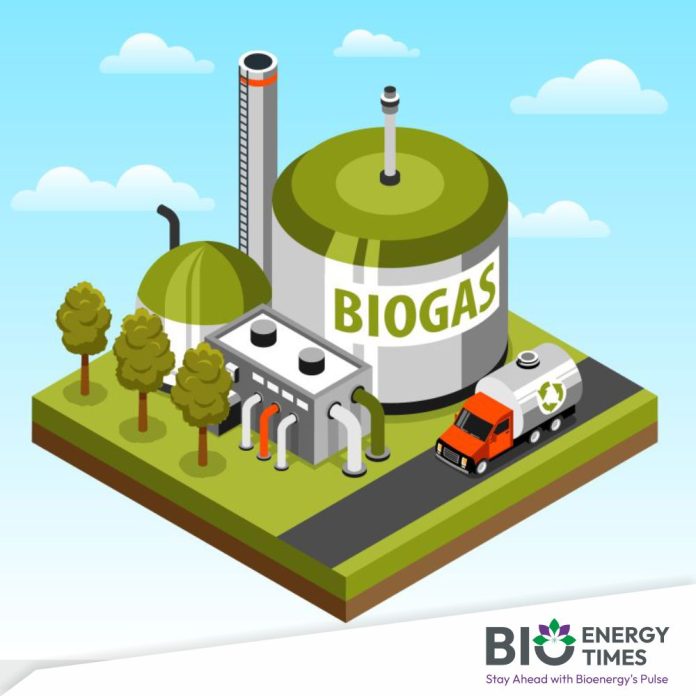In line with Prime Minister Narendra Modi’s ‘waste to wealth’ initiative, the Karnal Municipal Corporation (KMC) is set to establish a biogas plant powered by cattle dung at its gaushala and Nandigram in Phoosgarh. The goal of this project is to efficiently manage cattle dung while generating electricity to support the operations of both facilities, reported Tribune India.
The KMC’s gaushala and Nandigram currently house around 1,000 cattle, which produce approximately six tonnes of dung each day. The proposed biogas plant will have a capacity of 150 cubic meters, utilizing the cattle waste to generate energy and create a self-sustaining model for the facilities.
KMC Commissioner Dr. Vaishali Sharma emphasized the project’s benefits, saying, “To make use of the cattle dung at the gaushala and Nandigram, we are launching a biogas plant that will produce power. This energy will be used to operate both facilities, including CCTV cameras, machinery, and other equipment.”
She noted that the project would reduce reliance on traditional power sources and improve the operational efficiency of the gaushala. The biogas plant will also contribute to environmental sustainability by promoting clean energy.
Ashok Kumar, Additional Municipal Commissioner, stated that the assessment process for the project would be completed shortly, after which the agency selected for the task would proceed with the installation of the plant.
Col. PS Bindra (retd), an environmentalist and brand ambassador of the Swachh Bharat Mission for KMC, explained, “Karnal has thousands of cows across various gaushalas, producing methane, which is 25 times more harmful than carbon dioxide. To address this, a pilot biogas project is being initiated, and it will be commissioned within the next two months. The project will not only reduce methane pollution but will also generate electricity, lower energy costs, and provide free biogas for cooking. Once successful, more plants like this will be established, significantly reducing pollution levels. This initiative aligns with our goal for a cleaner, greener Karnal, and will serve as an example for other cities.”
The residents of Phoosgarh and nearby areas have expressed their support for the initiative, believing it will improve the management of the gaushala and Nandigram, as well as enhance hygiene and reduce pollution from untreated cattle waste. “Such projects can serve as a model for waste management and renewable energy in urban areas. It will help maintain cleanliness in the area,” said Raj Kumar, a local resident.
For detailed information and further insights, please refer to BioEnergyTimes.com, which provides the latest news about the Biogas Industry















